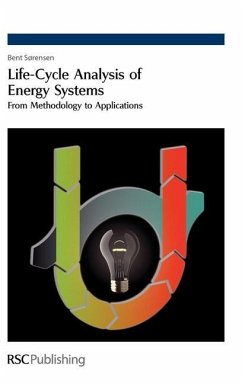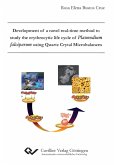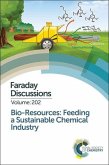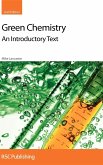Life-cycle assessment of new energy solutions plays an important role in discussions about global warming mitigation options and the evaluation of concrete energy production and conversion installations. A wealth of applications are described and a discussion on the results obtained in each study is included. Example areas are fossil and nuclear power plants, renewable energy systems, and systems based on hydrogen or batteries as energy carriers. The analysis is continued to the end-users of energy, where energy use in transportation, industry and home are scrutinized for their life-cycle impacts. Biofuel production and the combustion of firewood in home fireplaces and stoves are amongst the issues discussed. A central theme of the book is global warming. The impacts of greenhouse gas emissions are meticulously mapped at a depth far beyond that of the IPCC reports. A novel and surprising finding is that more lives will be saved than lost as a direct consequence of a warmer climate. After 2 degrees centigrade increase in temperature, the reduction in death rates in areas with cold winters would outweigh the increase in the death rates in hot climates. However, this is only one of several impacts from greenhouse gases, and the remaining ones are still overwhelmingly negative. The fact that some population groups may benefit from higher temperatures (notably the ones most responsible for greenhouse gas emissions) whilst others (who did not contribute much to the problem) suffer is one of the main points of the book. The book is suitable as a university textbook and as a reference source for engineers, managers and public bodies responsible for planning and licensing.
Hinweis: Dieser Artikel kann nur an eine deutsche Lieferadresse ausgeliefert werden.
Hinweis: Dieser Artikel kann nur an eine deutsche Lieferadresse ausgeliefert werden.








